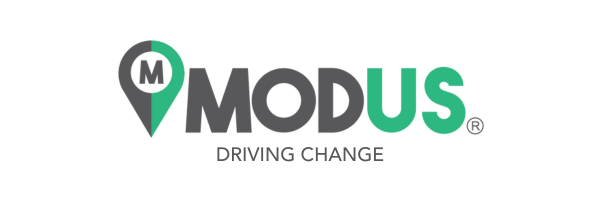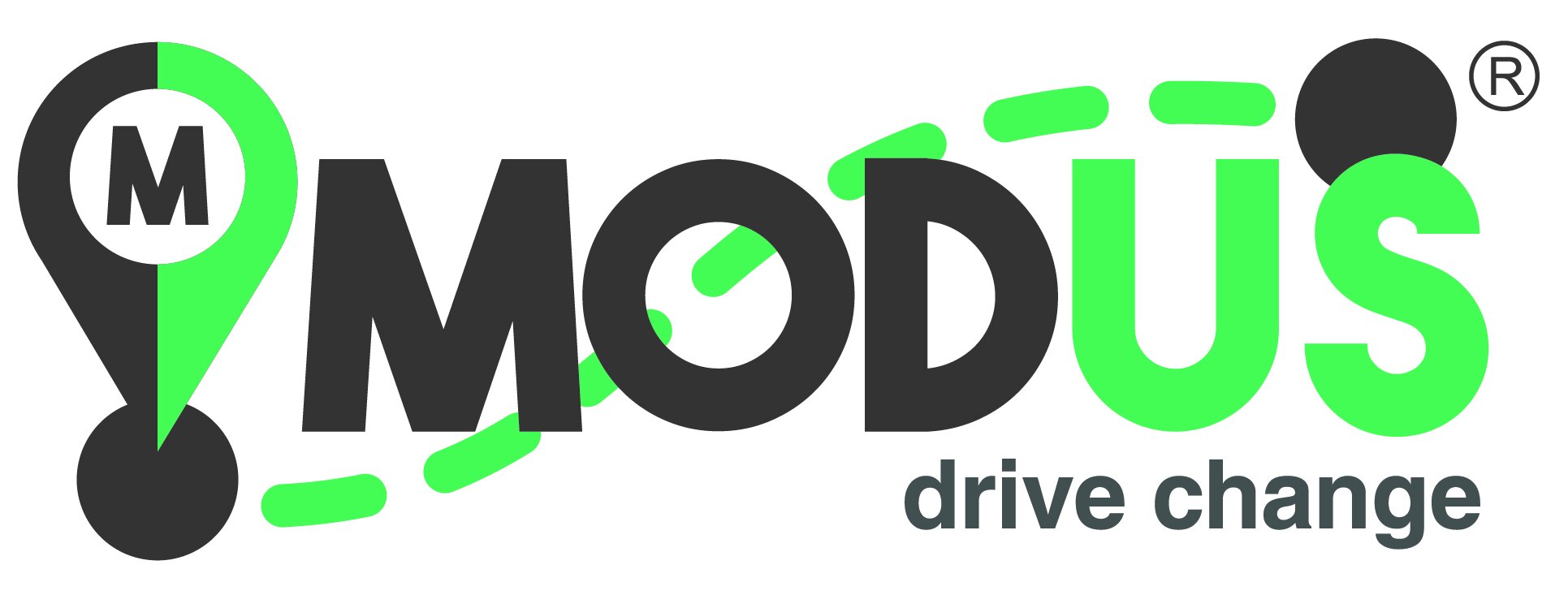The Hidden Cost Of The Commute
Why Getting Around Is So Expensive—and Why Modus Matters More Than Ever
In Tulsa, transportation isn’t just a line item in a budget—it’s a lifeline. Yet for too many of our neighbors, getting where they need to go is becoming increasingly out of reach.
From school attendance to job interviews, prenatal appointments to grocery store runs, access shouldn’t depend on whether you can afford to own a car. But in a city where 1 in 8 residents lives in a transit desert, that’s often the case.
Owning a Car in Oklahoma Costs $7,453 a Year
That’s the average annual cost of car ownership in our state. And when you break it down—between car payments, taxes, insurance, registration, oil changes, new tires, brake repairs, depreciation, gas (or electricity), tolls, and service fees—it’s easy to see how quickly it adds up.
For lower-income households, these costs can consume up to 30% of their after-tax income. That’s nearly one-third of their budget just to stay mobile. According to the U.S. Department of Transportation, the national average for transportation costs hit $12,295 in 2023, making it one of the largest consumer expenses behind housing.
In cities like Tulsa, where public transportation is underfunded and under-connected, families are left with few choices:
Go into debt to own a car
Make multiple transfers (and hours-long commutes) using limited bus routes
Use rideshare apps with fluctuating costs & availability
Or forgo critical appointments, job opportunities, and education entirely
Transportation Inequity Isn’t Accidental—It’s Systemic
In Tulsa County alone, 82,400 people need transportation support. That includes students trying to graduate, seniors accessing healthcare, parents taking kids to childcare, and workers without reliable cars trying to hold down jobs.
Here’s the reality:
Black and Hispanic workers are nearly 3x more likely than White workers to rely on public transportation, but often live farther from it
In many cities, housing near reliable transit is nearly 24% more expensive, pushing marginalized communities to the outskirts.
Without a car, many families can’t reach work, medical care, or school safely or affordably.
Public transit systems across the country remain inaccessible to many, especially people with disabilities, caregivers, and the elderly.
It’s not just a mobility issue. It’s a health issue, an education issue, an equity issue, and an economic justice issue.
Modus Moves Tulsa Forward
That’s why Modus exists. We’re Tulsa’s only nonprofit transportation solution focused on mobility for equity, and we’re not here to fill the gap.
We’re here to change the system.
We partner with our community agencies and provide free, reliable rides to those most need them. Each ride is more than just a trip—it’s a pathway to opportunity.
🚗 $25 = One Ride Funded
That’s all it takes to change a life. Whether you help a teen get to after-school tutoring, a new mom get a prenatal checkup, or a job seeker arrive at an interview, your support drives impact.
When you support Modus, you help reduce chronic absenteeism, improve health outcomes, increase employment access, and close the transportation gap in our community.
The Bottom Line
Car ownership shouldn't be a prerequisite for opportunity. But until we build a more inclusive and connected Tulsa, Modus is here to keep our neighbors moving forward.
Ready to drive change?
Donate: $25 fuels a ride. modustulsa.org
Partner with Us: Agencies, nonprofits, employers—let’s move together.
Share the Story: Equity can’t wait—and neither can we.


